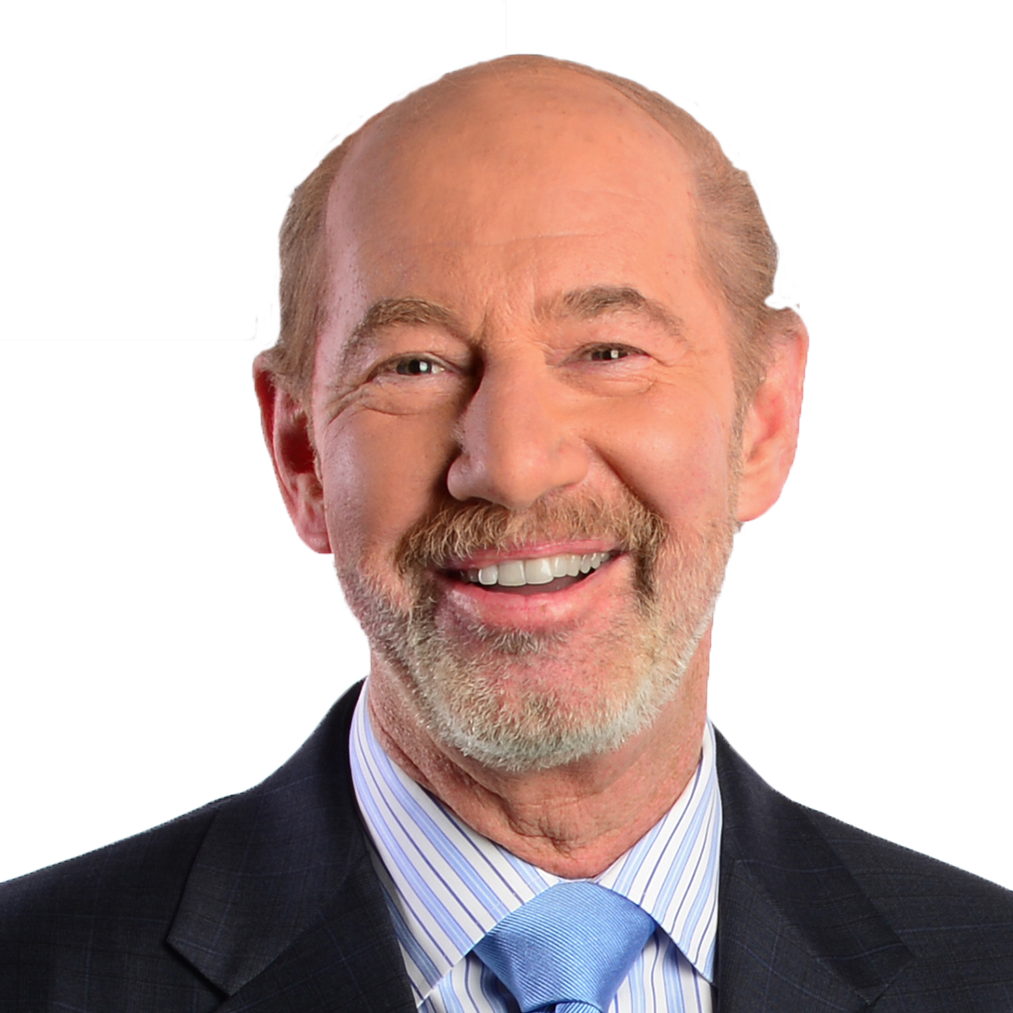
Tony Kornheiser
Biography
Tony Kornheiser was raised in Lynnbrook, New York. Kornheiser attended Harpur College (present-day Binghamton University) in Binghamton, N.Y., where he graduated with a degree in English in 1970. Following college, Kornheiser worked for Newsday from 1970 to 1976 and The New York Times from 1976-1979. In 1979, he took a job with The Washington Post as a general assignment reporter in both the sports and style sections. In 1984 he became a full-time sports columnist. From 1989 to 2001, he also wrote Sunday columns for The Post’s Style section.
Kornheiser met Michael Wilbon during his first year at The Post. Together, in 2001, they started the late-afternoon ESPN show “Pardon The Interruption,” a daily rundown of current events in the sports world. In 2009, the show won a Sports Emmy Award for “Daily Outstanding Studio Show.”
“The Tony Kornheiser Radio Show” first went live in 1992 on WTEM in Washington, D.C. ESPN Radio began syndicating the show nationwide in 1998. The show, no a podcast, has been a staple on Washington airwaves.
Interviewed by John Chavez in 2016
Ialways liked [sports]
What you’ll find with sports writers is it’s not 100 percent; 99.9 percent of them are failed athletes. They like sports. They’re not good enough to play it as long as they want, so they become sportswriters.
When I was really young, I rooted for the New York Giants, who were still there, but when the Brooklyn Dodgers and the Giants left—and I never rooted for the Dodgers—I waited for the Mets to come. I rooted for them. I rooted for the Jets. I rooted for the Knicks. I read Newsday, the daily newspaper on Long Island. My dad, when he came home from work, he brought the New York Daily News and the New York Post. I read those.
My first job, my first real job at a newspaper, was in 1970 at Newsday, but I did it in high school, college, and I worked for a weekly newspaper just writing articles when I was in high school. It’s what I always wanted to be.
Newsday was my first [professional job]. I sent a letter to the sports editor and said, “I’m really talented. I’m not going to stay with you for very long, but you’d be crazy not to hire me, because I’m a really good writer.” And he actually responded to that letter, which is amazing because I never thought that was going to happen. He brought me in for an interview; he gave me a writing test; his name was Dick Clemente; he brought me in and hired me. Mostly why he hired me, I think, is to cover high schools. He knew that I had a car and that I could get to all the high schools in Suffolk County on Long Island, so I got the job.
My entire career is based on luck. The sports editor at The New York Times was Jim Tuite, and unlike most people at The New York Times who lived in New Jersey or Manhattan, Jim Tuite lived on Long Island. He read Newsday everyday on the train as he came home from New York City, so he knew my name. I wrote a blind letter to The New York Times, he was interested, we had some meetings, and I got hired. Again, luck! All luck.
I loved writing long features at the Times. Loved it. Felt like I was born to do it. Felt I was born to do those, what we call “take-outs.” I felt like I was doing what I was supposed to be doing.
I had lived my entire life in New York State. I had grown up on Long Island. I went to school in Binghamton, New York. I had worked for Newsday and I had worked for The New York Times, and I just felt it was time to go somewhere else. And at the time, because the Watergate stories had just happened, I knew that even though I was leaving the best newspaper in the country, the paper that I was going to was just about as good. It was going to be in an interesting city for me, and I had never been anywhere else. I immediately fell in love with Washington when I got here.
I first started writing sports columns around 1984. I loved the sports column and I loved the style column. I loved everything I’ve ever done in newspapers. It was wonderful, and I had this great opportunity to not only do the sports column, but the style column too. And I would sometimes meet people who read me. I would meet a married couple and when the woman would compliment me on the style column, the man would say, “You write in the style section?!”
And the woman would look at him and say, “Well how do you know him?”
And the man would say, “He writes in the sports section.” So I was able to get both sides of the household, and it made me very, very happy.
In sports, when you write a sports column, you’re on the news a lot more. You’re doing something from the night before. You’re doing something that people are freshly talking about. In sports you’re going from season to season, team to team; your calendar is laid out for you. Writing a style column is harder, particularly if you want to write “funny.” You have to find something that people are talking about. But if you don’t, you can do something more generic, something that’s more conceptual. In a sports column, being conceptual isn’t nearly as good as being on the news. And that’s the major difference. In sports terms, you get more “at-bats,” than you do in the style section. You don’t write three columns a week in style. For sports, to put it in familiar terms, you get more at-bats. You get up to the plate more.
The “Bandwagon” columns (1991) were the most fun I ever had working at a newspaper. They were a creation of mine and [my editor at the time] Jeanne McManus. It was the most fun I ever had at a newspaper. It was a weekly column. The Redskins cooperated by being great, but it was so different. It was so “break the mold,” it was such cool fun to do that. I never enjoyed anything in print as much as I enjoyed doing those columns, which culminated with the Super Bowl. It was just the single coolest thing ever in my writing career, by miles. By miles.
George Solomon approved all of that. George was enthusiastically in favor of that, and I couldn’t have done it without him. He understood what that was, and he took a chance. George was a great, great sports editor, a great judge of talent and a great person to let his talented people run free and wild. He was great at that. Great.
I got to The Post in 1979 in the summer, and I think Michael Wilbon was a summer intern from Northwestern at the time. It may have been a year later in 1980, but it was certainly within the first year of me working at The Post. The secret of “Pardon The Interruption” is very, very simple. It’s “black guy,” “white guy,” “yell at each other,” “love each other.” It’s nothing more than that. That’s what it is. Everybody relates to that. Every man relates to that. Every black man, every white man, every Asian man, every Filipino man. Everybody relates to that.
I left The Post because, well, I was fired. Raju Narisetti fired me. I was working—not writing—I was doing online stuff for The Post, and he fired me. It was as simple as that. If he hadn’t fired me, I don’t know when I would have left because I enjoyed what I was doing, doing online video things for The Post. But he canned me.
I can’t write anymore. I’m not good enough to write anymore. I do a different thing now. I talk things. And I’m not a writer. The discipline that is required for a writer is something that I can no longer do. I loved The Washington Post, but I couldn’t write for it anymore. I’m not good enough.
The greatest single moment of my life was with [late executive editor of The Washington Post] Ben Bradlee. I adored Bradlee, and I think he was a giant in the business. He was always very nice to me, and he hired me for the style section and the sports section and then he moved me to write columns. Everything I ever wanted from Ben Bradlee he gave me. I love Ben Bradlee. I love his wife Sally Quinn. You know, I adore both of them. In about 2006 or 2007, Ben invited me to speak at St. Mary’s College in southern Maryland. Ben and Sally had a house down there, and Ben was involved with the school.
I said, “I’ll tell you what Ben, I’ll do it. But, you gotta be up there with me. You want me to speak, but I’m not going to lecture. You get up there, you ask me questions. That’ll be the evening.”
And he said, “We’ll do that.”
Afterwards, Ben and Sally put my wife and I up in their guest house. And the morning after that, Ben Bradlee cooked me breakfast. Ben Bradlee made me bacon and eggs. Ben Bradlee made me coffee. Ben Bradlee sat with me in that kitchen, and made my breakfast, and that is the greatest thrill of my life. Ben cooked it. Not Sally. Ben cooked it.
(I’ll tell you the second greatest thrill of my life but it’s got nothing to do with Ben Bradlee. I was invited to a party at the White House. It was very recently. And Stevie Wonder was singing and talking and talking and singing and when he was done it was about time to go home. It was about 11 or 11:30, and on the way out, I saw a guy and he was talking with a group of two or three people. And I touched his elbow. I touched his left elbow so that he would turn to me when I talked to him. And I said “You should be singing,” And he said, “Well perhaps I should.” And that was Paul McCartney. I touched a Beatle. That was great. That’s number two, behind Ben Bradlee.)
I was really proud of [my time doing Monday Night Football]. I was glad they asked me. I really enjoyed most of it. But I don’t think I was very good at it. I can’t give you the reasons why. I just don’t think I was as good as I wanted to be; I thought I should have been better at it. And it’s a disappointment to me that I wasn’t better at it, but I had the opportunity. And I’m really grateful for that. Not everybody gets to do that and it was really, really cool. It was really a great experience. I had that “Cosell” opportunity—and Howard Cosell is the greatest of all time—and I wasn’t as good as he was. Not that I thought that I would be, but I just wasn’t as good as I wanted to be. I wasn’t.
I love doing radio. I made some money, but you know, I just love doing radio. Radio is what I do best. It’s better than TV, it’s better than print for me, it’s what I do best. And I love doing it. Now, I walked away from it because I wanted to own my own content, which may or may not have been a stupid thing to do. But long-form radio is something great, because unlike print and TV, the people that tune into you on radio or on podcast, it’s because of you. They like you. That’s why they do it.
I hope [“The Tony Kornheiser Show” podcast] works out. You know the only way to make money is to get a lot of people listening. I think it’s good; I mean, it’s my radio show. I always thought that my radio show was good. I think it’s a smart adult talk show, and I would love to find an audience. I mean that’s all you can do. In the world we live in now, in the podcast world, it’s like 50,000 people with shoeshine boxes, going up to you and saying, “Hey mister, do you need a shine? Can I shine your shoes?” and I just hope that enough people say, “Wow, that guy shines shoes better than the others.” And we’re willing to work for those people.
I only read The Washington Post. I don’t read all the sports writers anymore. I love Sally Jenkins; she’s great. She should win the Pulitzer Prize. She’s that great. Other than that [I’m not sure], but she’s the best. She’s the best that’s out there.
[Something I’d tell aspiring sports writers is] if you want to talk to somebody, make room to talk to them. Don’t tell them you’re working. Because if they ever call you back, you should take advantage of that. But if I were to give a single piece of advice, it would be this: find somebody in the room that you think is smarter and more talented than you, and stay at that person’s side and never leave.
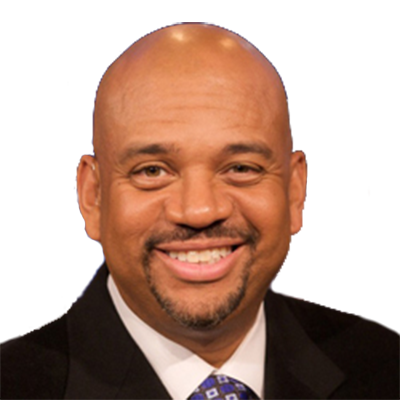 Michael Wilbon
Michael Wilbon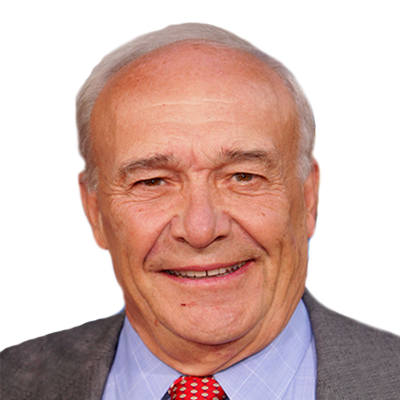 Bill Nack
Bill Nack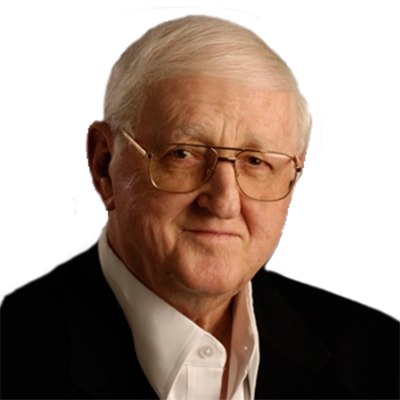 Dan Jenkins
Dan Jenkins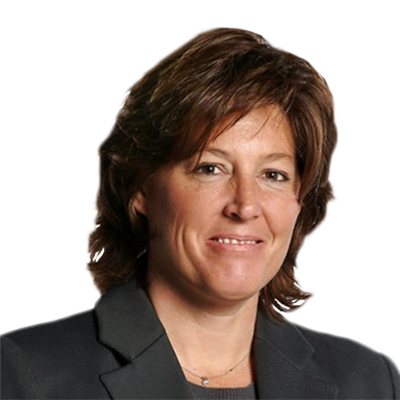 Sally Jenkins
Sally Jenkins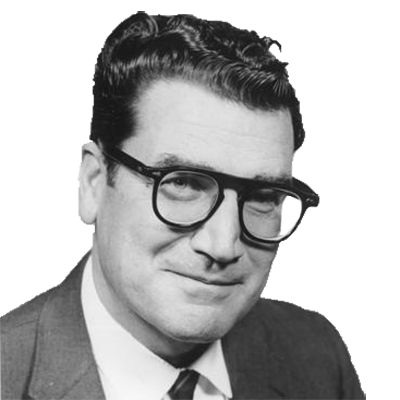 Jim Murray
Jim Murray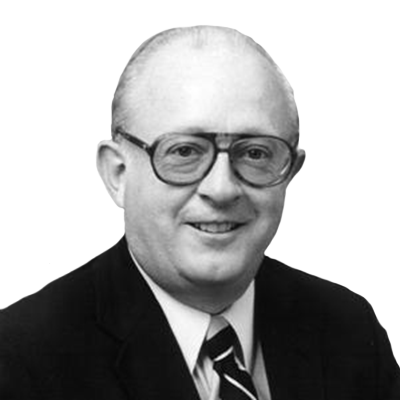 Dave Anderson
Dave Anderson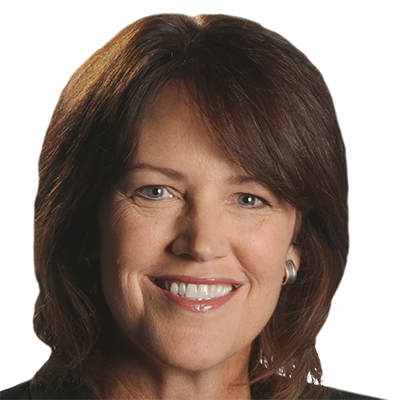 Christine Brennan
Christine Brennan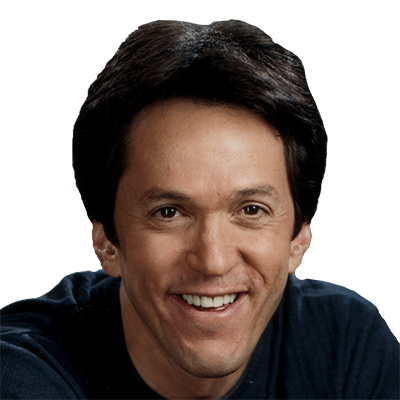 Mitch Albom
Mitch Albom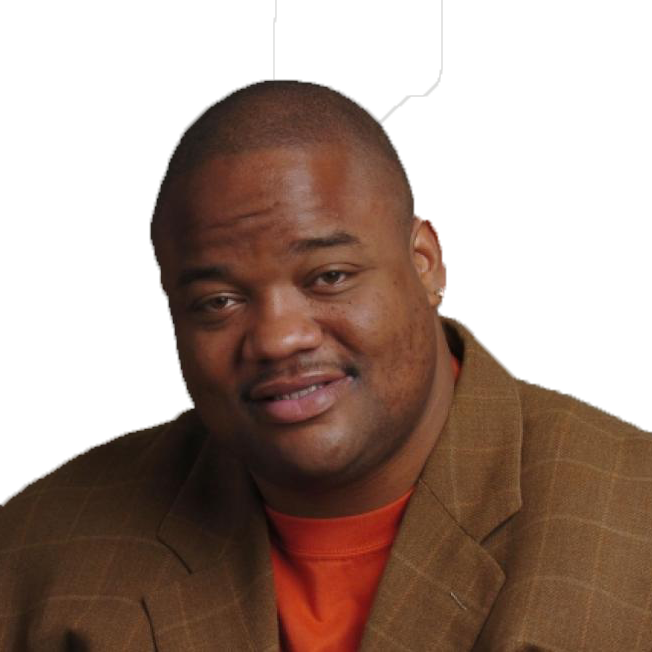 Jason Whitlock
Jason Whitlock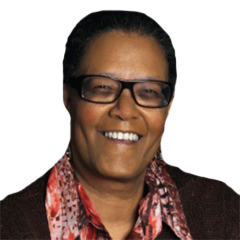 Claire Smith
Claire Smith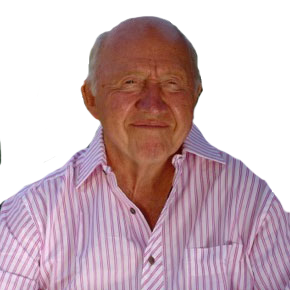 Bud Collins
Bud Collins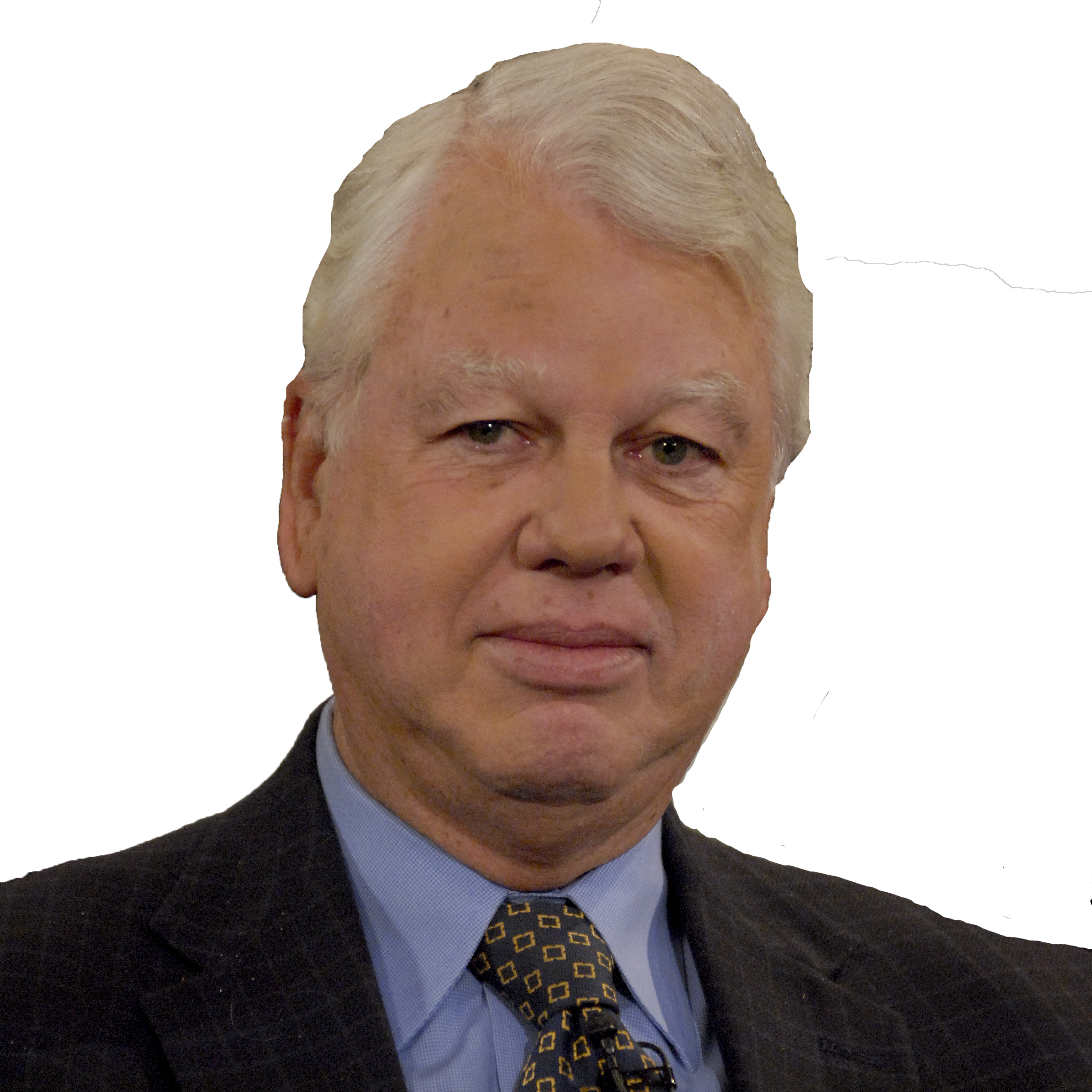 Bob Ryan
Bob Ryan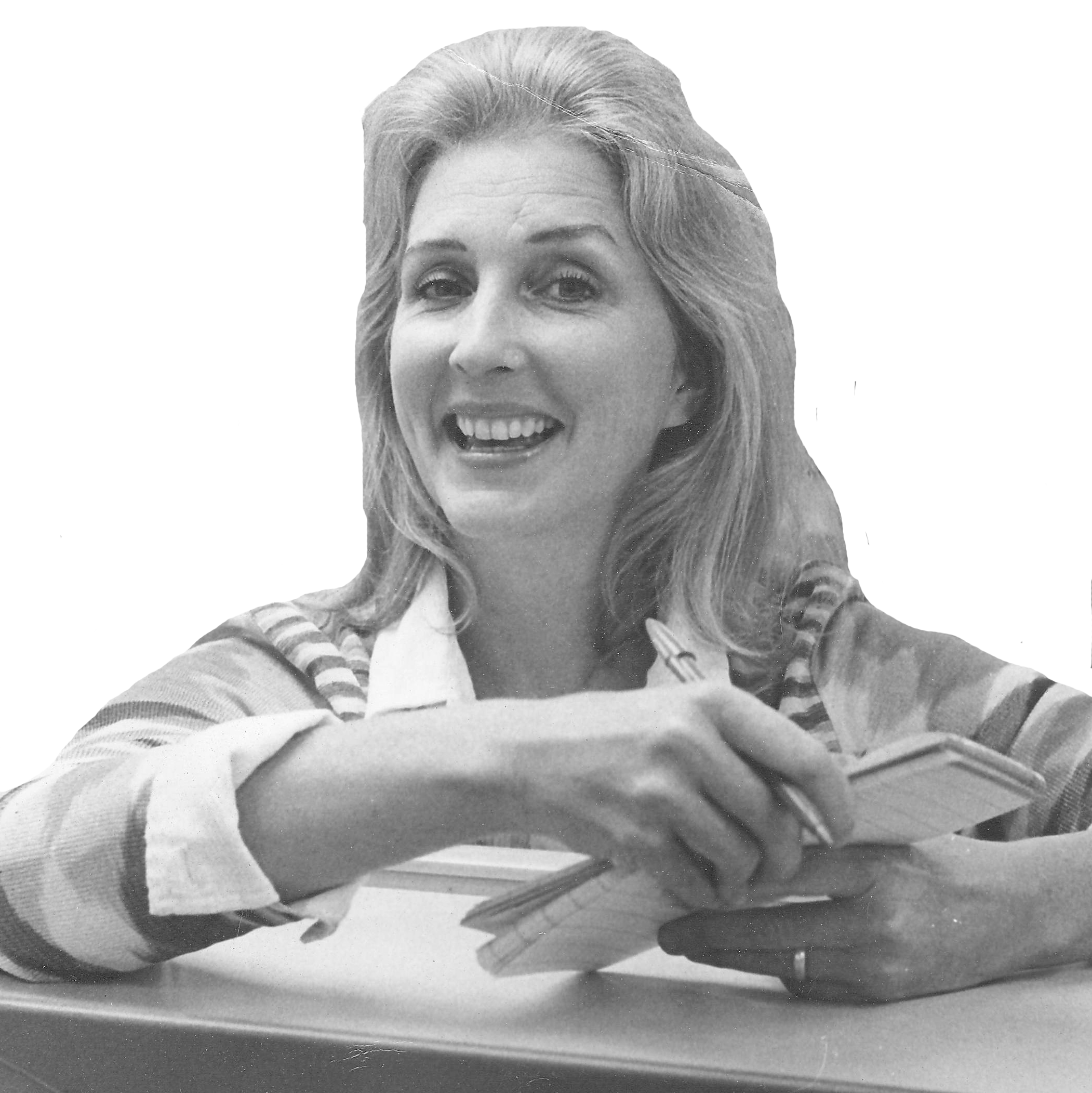 Joan Ryan
Joan Ryan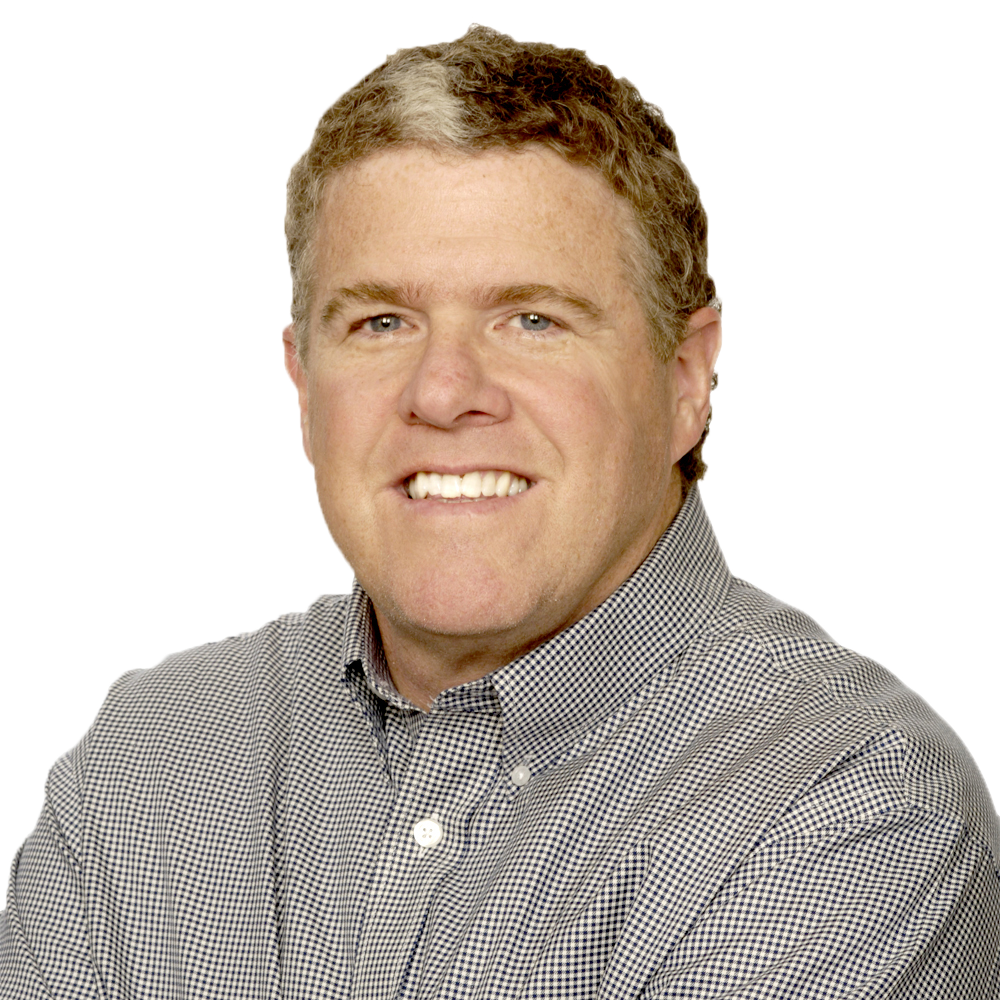 Peter King
Peter King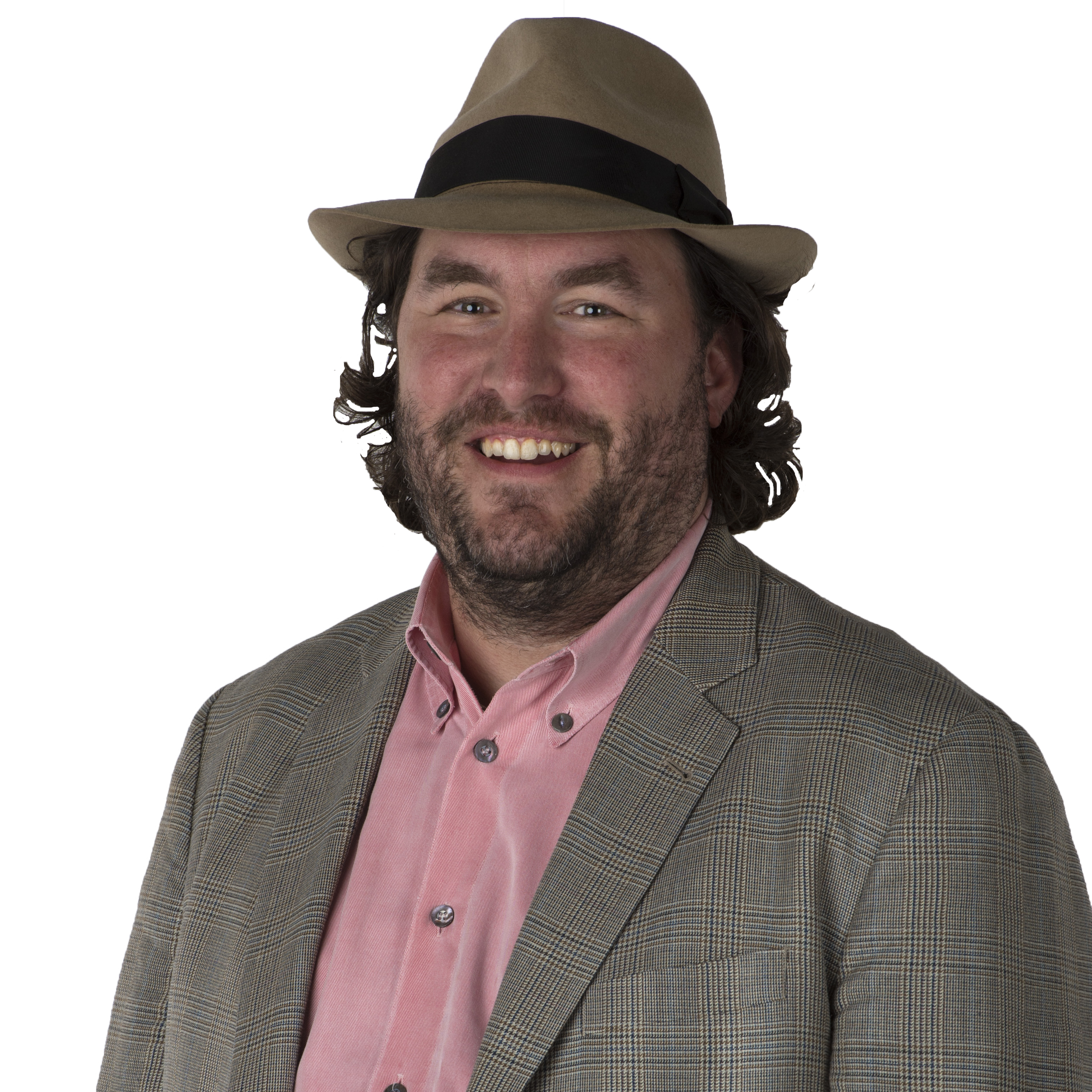 Wright Thompson
Wright Thompson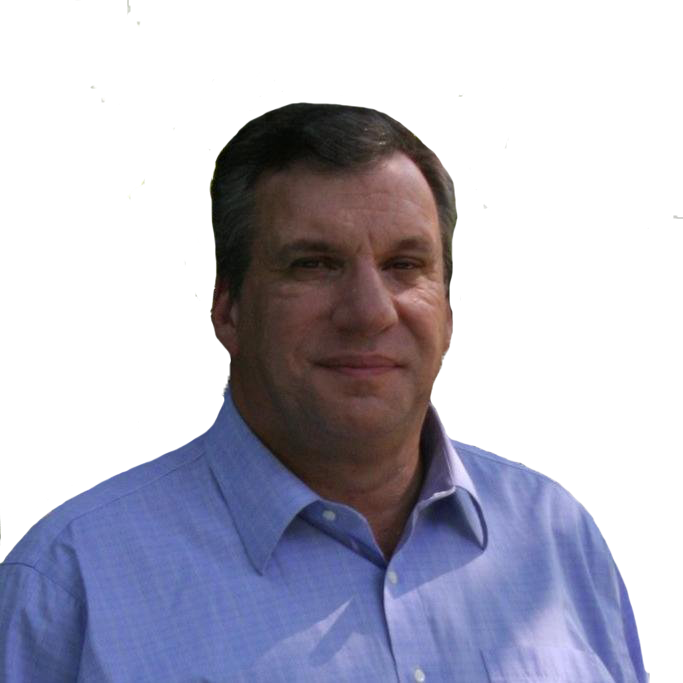 John Feinstein
John Feinstein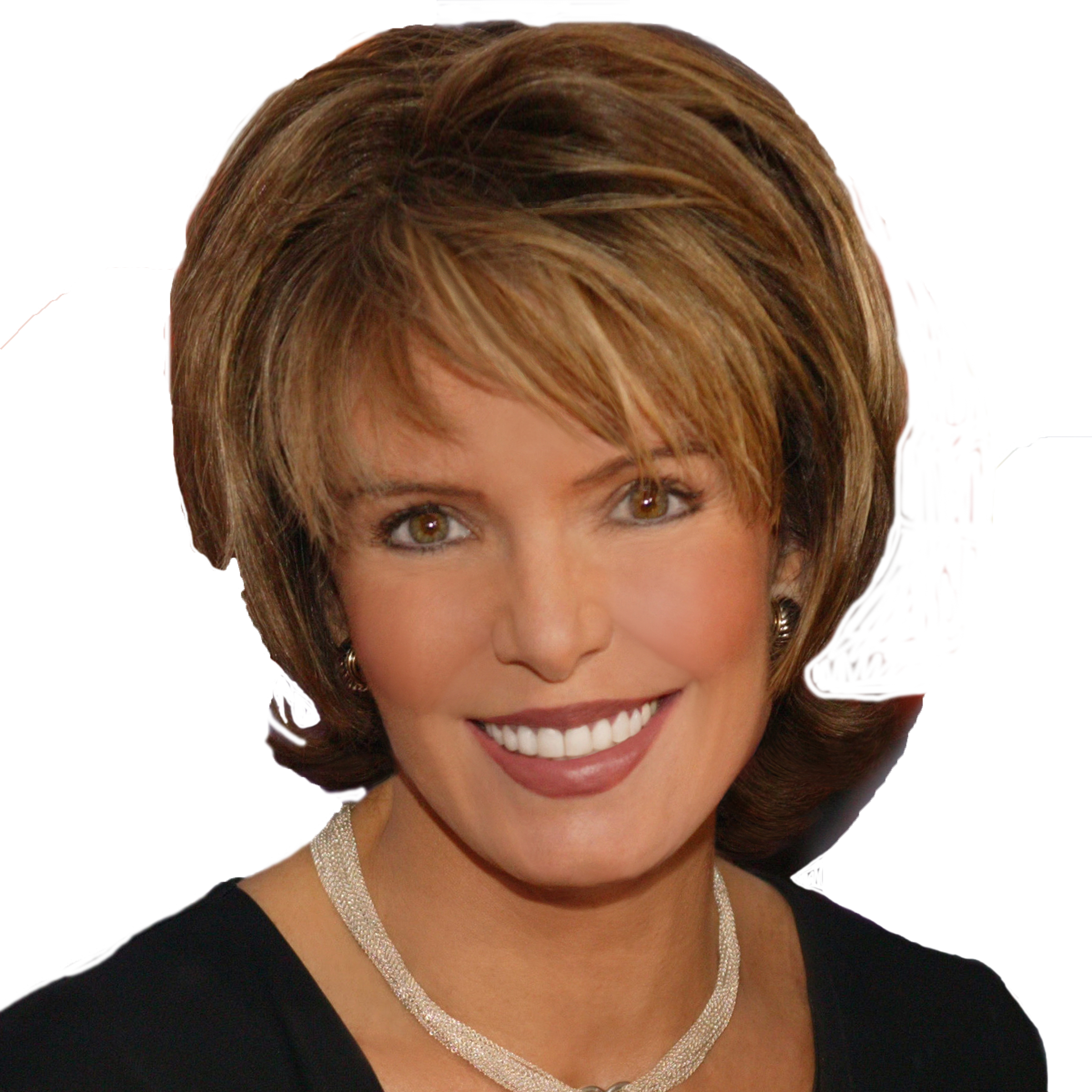 Lesley Visser
Lesley Visser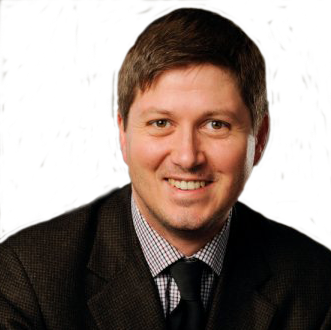 Will Leitch
Will Leitch Tim Kurkjian
Tim Kurkjian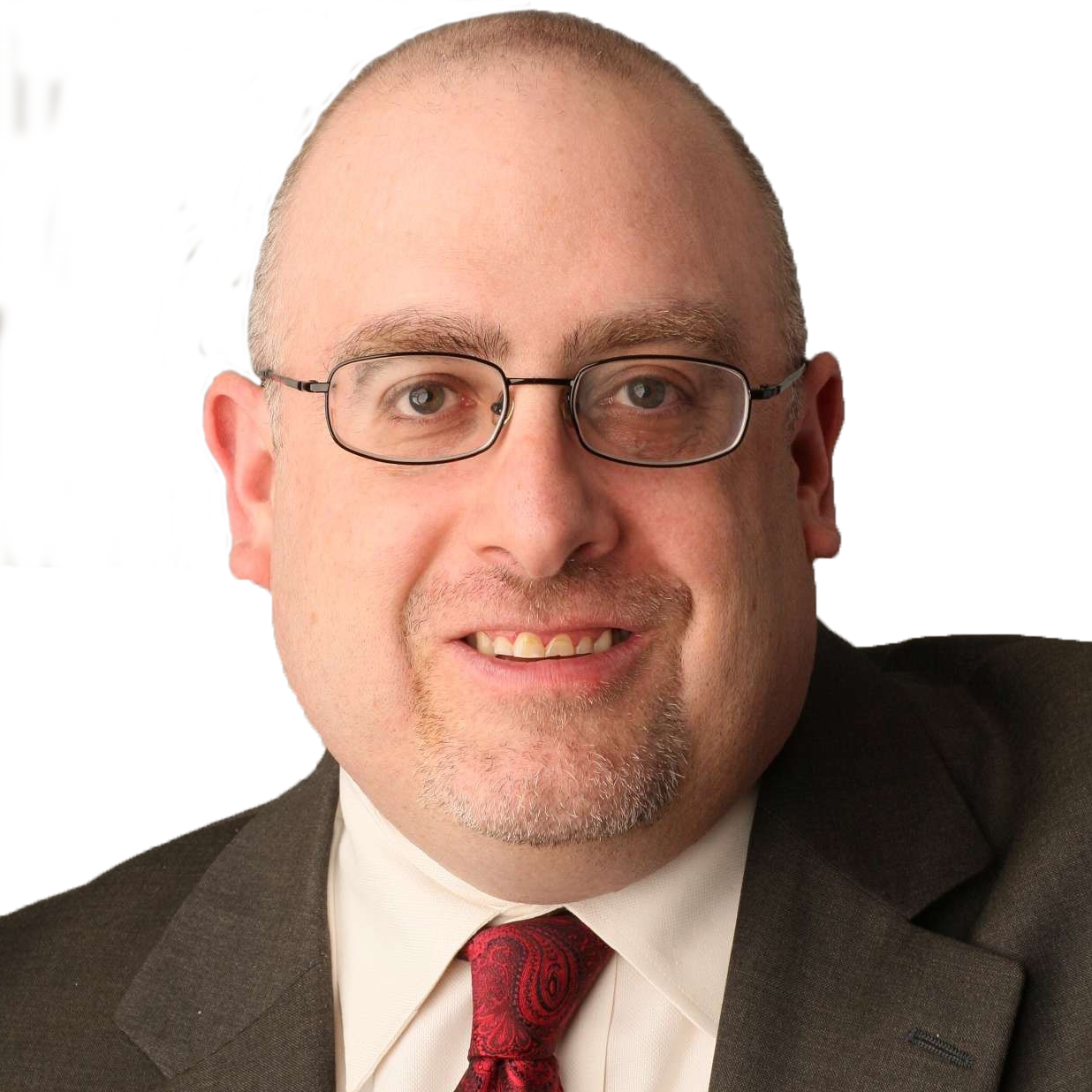 Joe Posnanski
Joe Posnanski
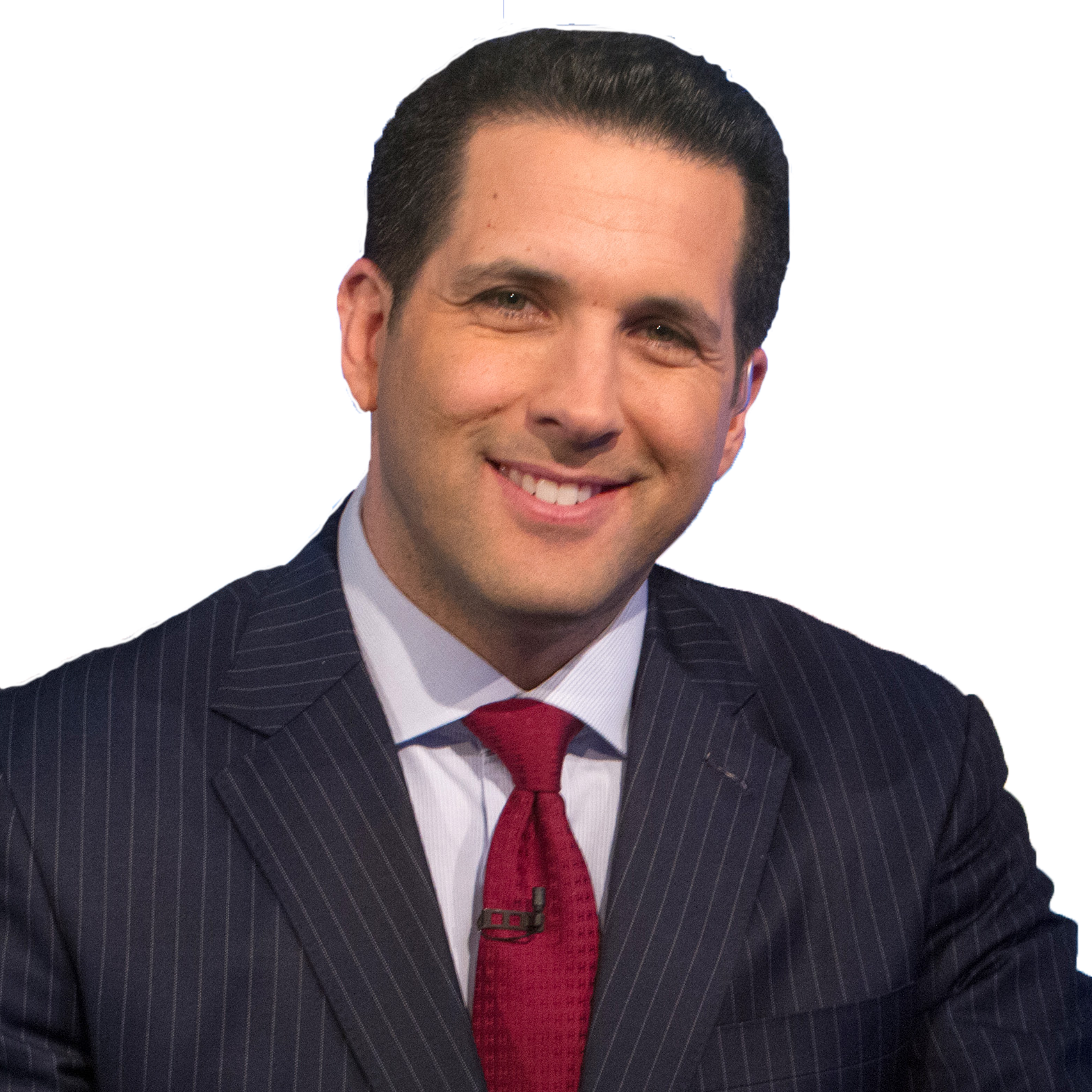 Adam Schefter
Adam Schefter
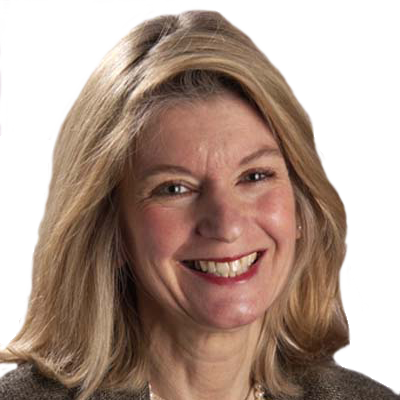 Terry Taylor
Terry Taylor
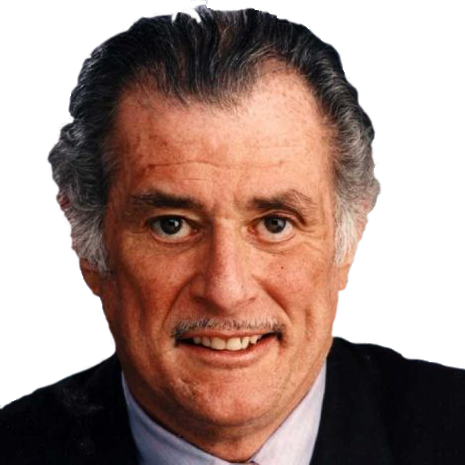 Frank Deford
Frank Deford
 Tom Boswell
Tom Boswell
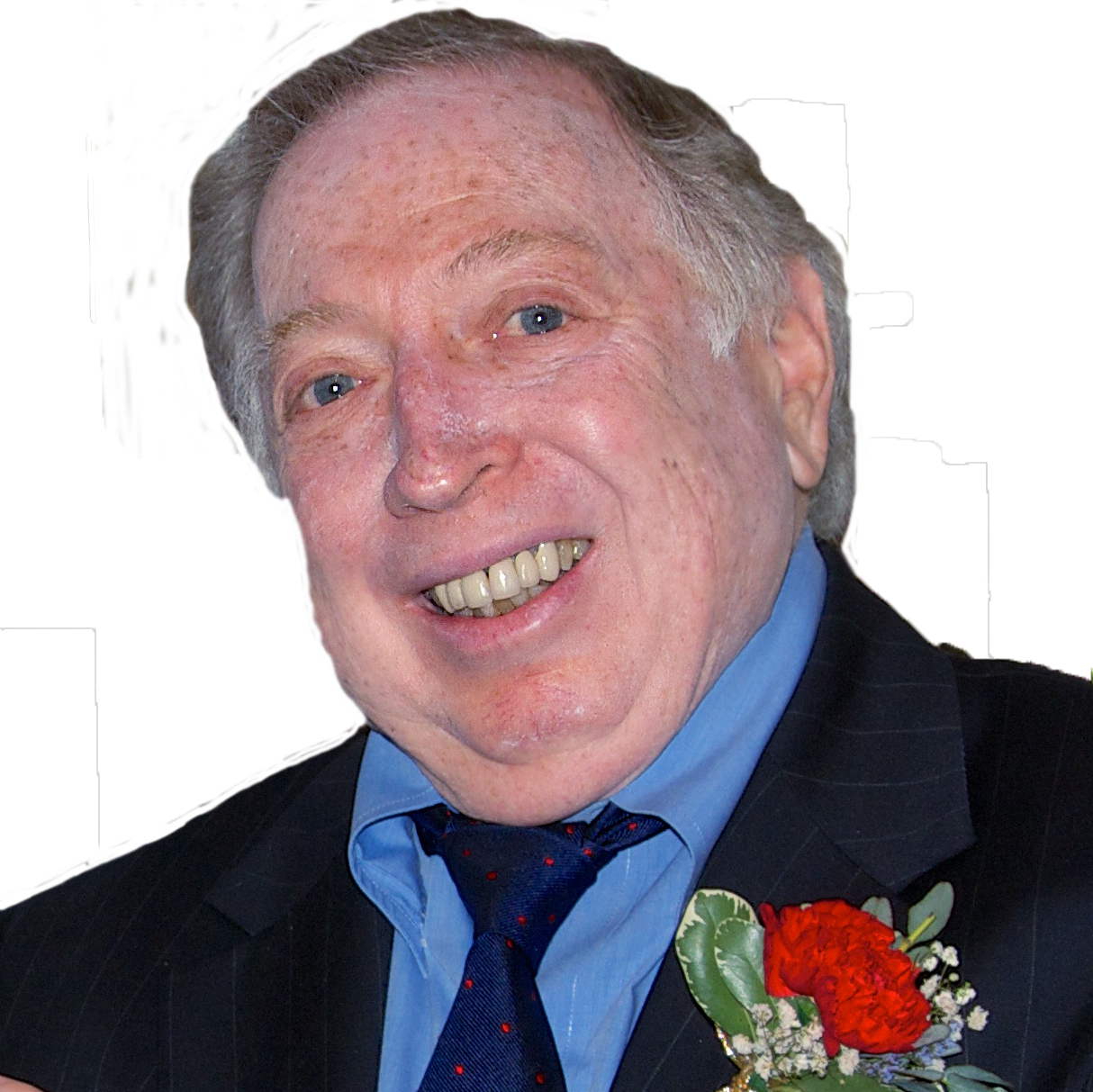 Neil Leifer
Neil Leifer
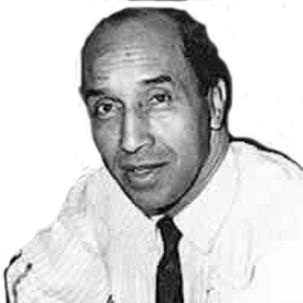 Sam Lacy
Sam Lacy
 Jane Leavy
Jane Leavy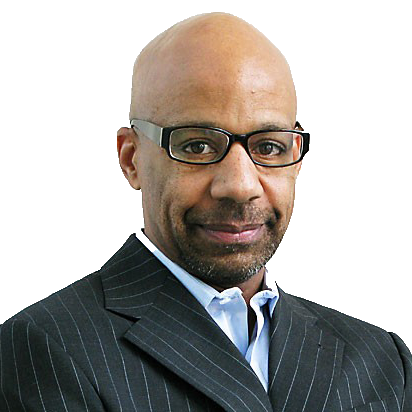 Kevin Blackistone
Kevin Blackistone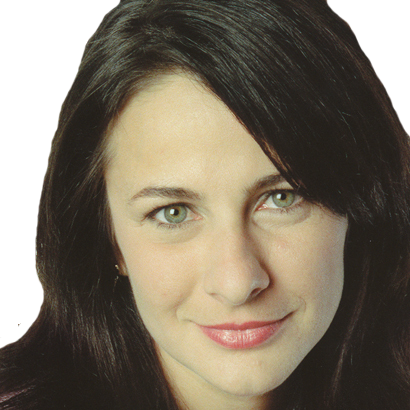 Juliet Macur
Juliet Macur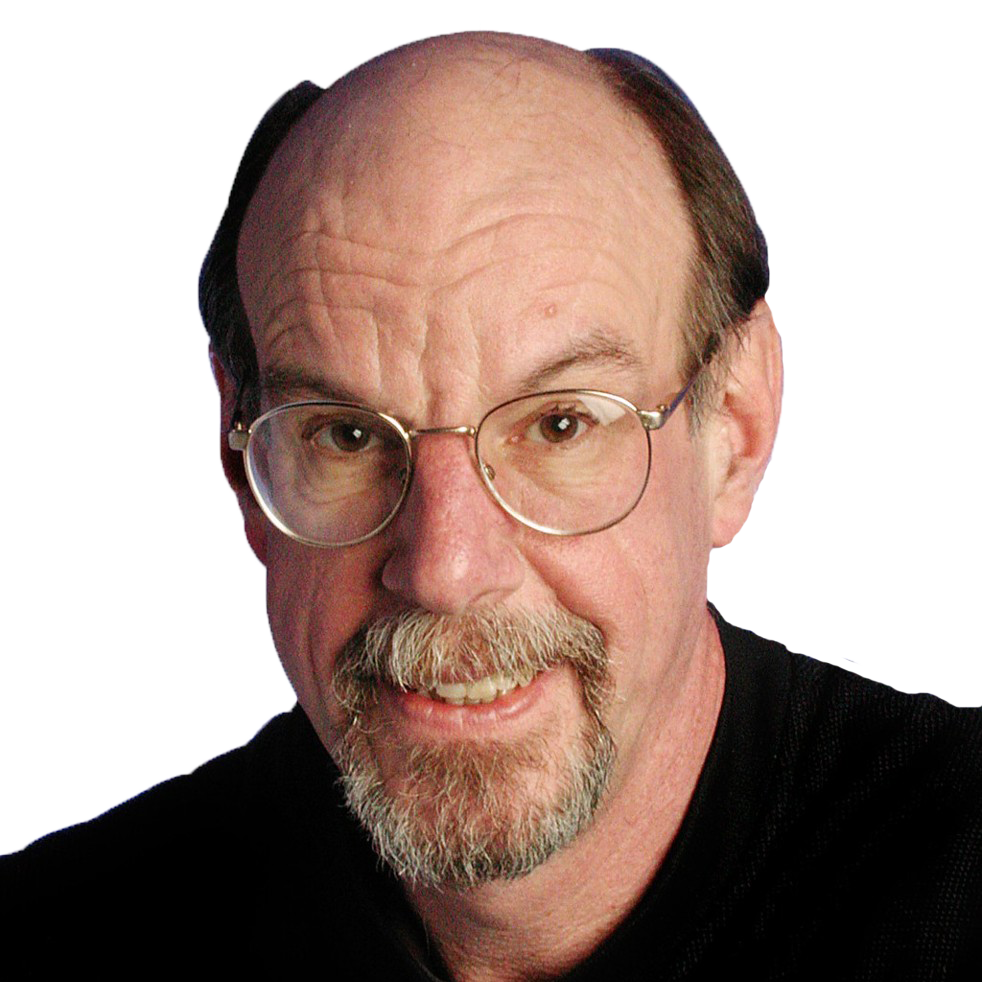 Andrew Beyer
Andrew Beyer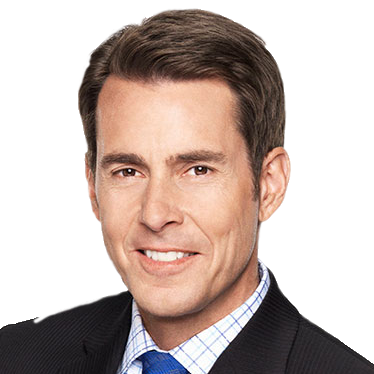 Tom Verducci
Tom Verducci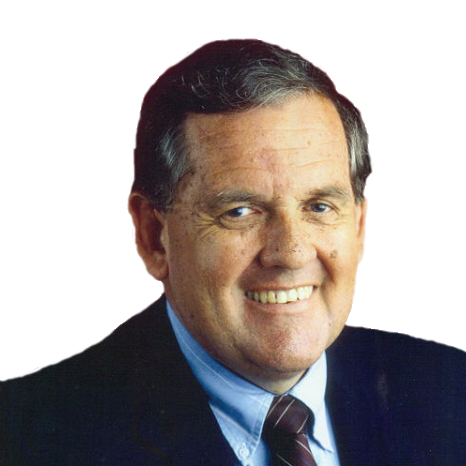 Hubert Mizell
Hubert Mizell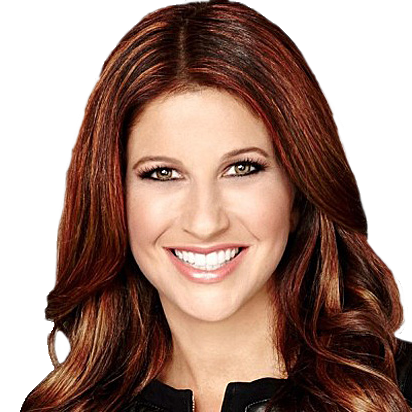 Rachel Nichols
Rachel Nichols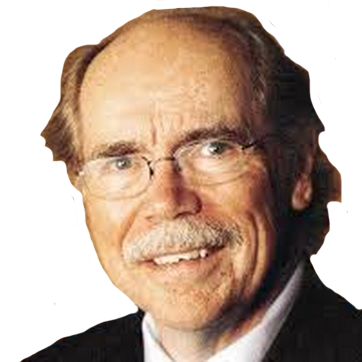 Dave Kindred
Dave Kindred Mike Lupica
Mike Lupica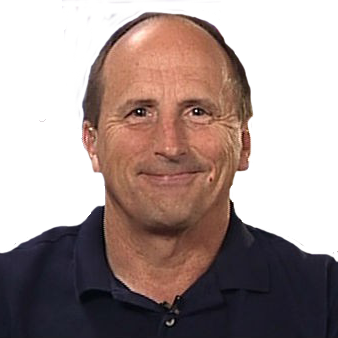 Richard Justice
Richard Justice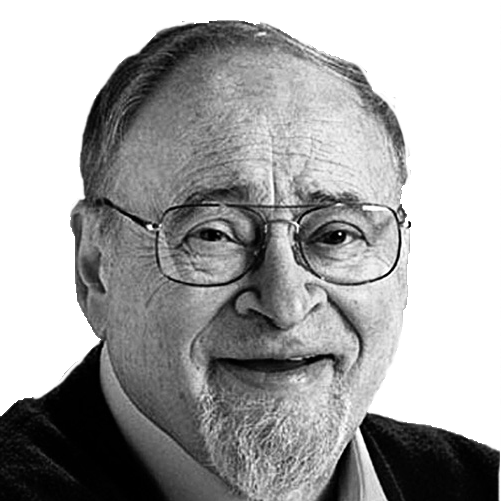 Jerry Izenberg
Jerry Izenberg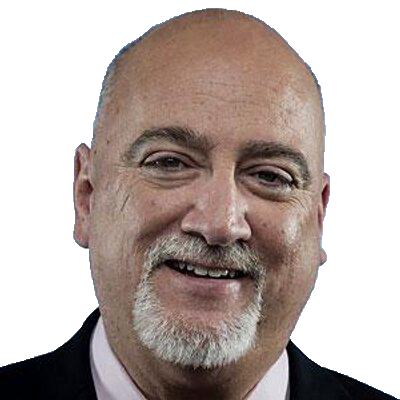 Bill Plaschke
Bill Plaschke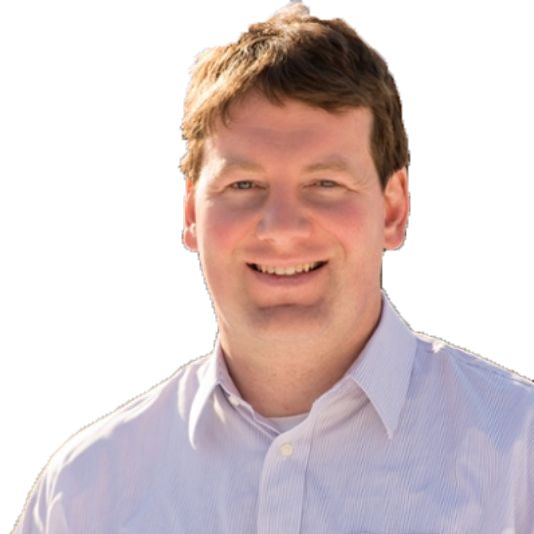 Kevin Van Valkenburg
Kevin Van Valkenburg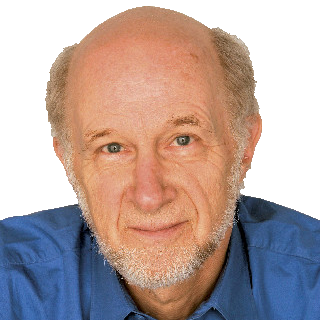 George Vecsey
George Vecsey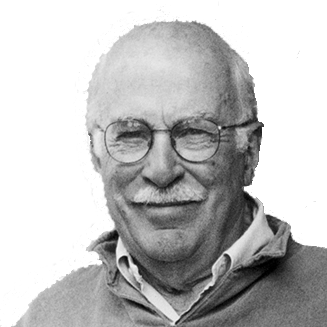 Roger Angell
Roger Angell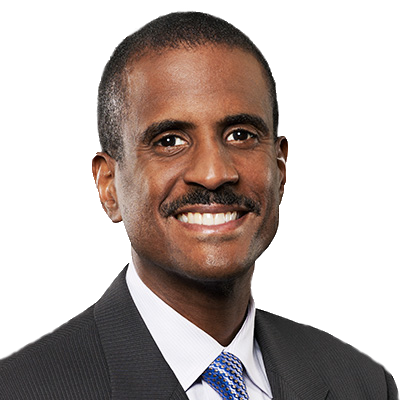 David Aldridge
David Aldridge Tony Kornheiser
Tony Kornheiser Jackie MacMullan
Jackie MacMullan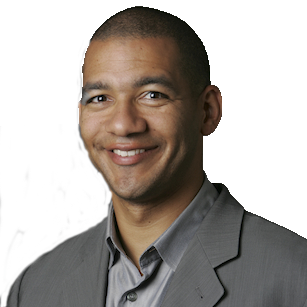 J.A. Adande
J.A. Adande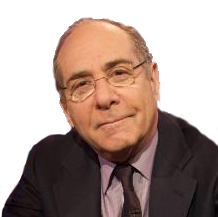 Robert Lipsyte
Robert Lipsyte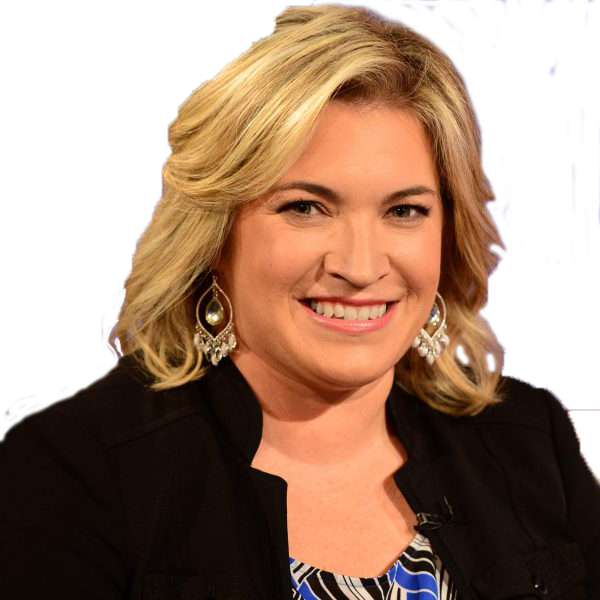 Ramona Shelburne
Ramona Shelburne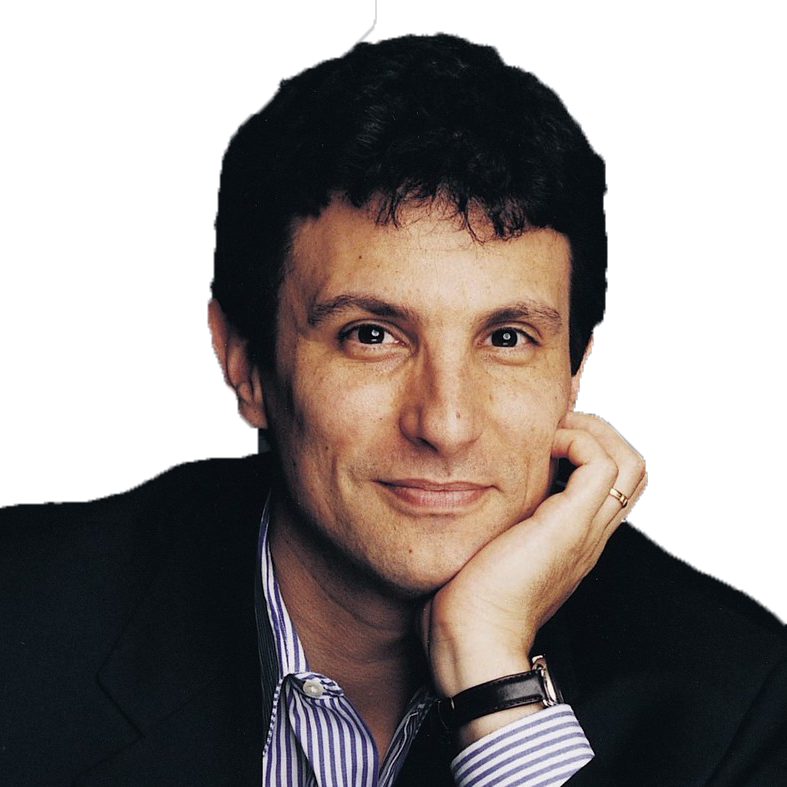 David Remnick
David Remnick Bryan Curtis
Bryan Curtis Chuck Culpepper
Chuck Culpepper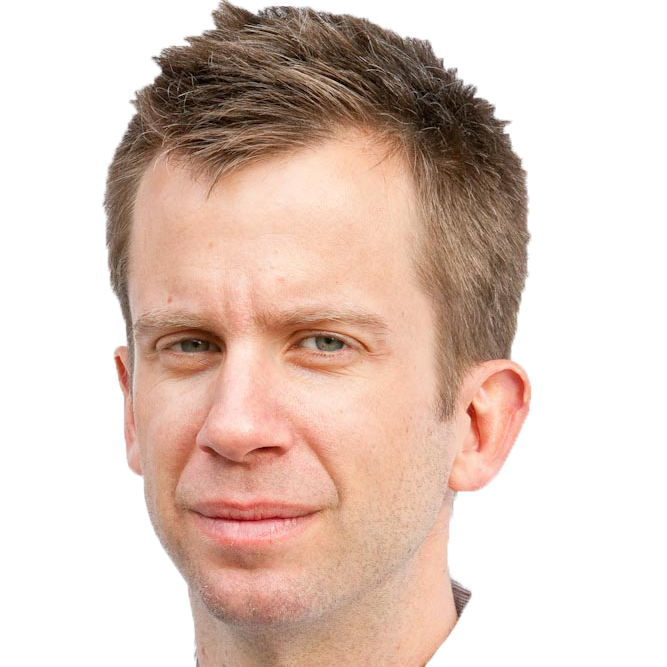 Jason Gay
Jason Gay Heidi Blake
Heidi Blake Dan Steinberg
Dan Steinberg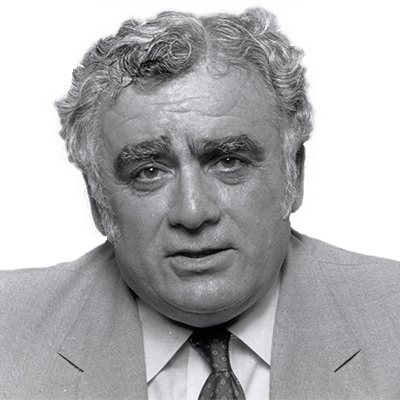 Jerome Holtzman
Jerome Holtzman Barry Svrluga
Barry Svrluga
